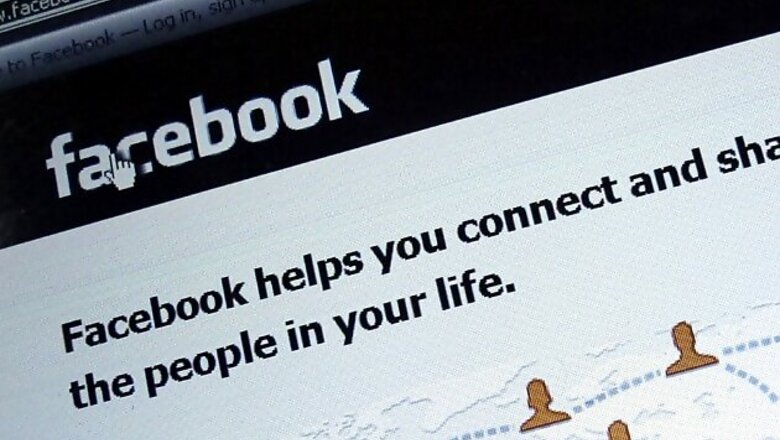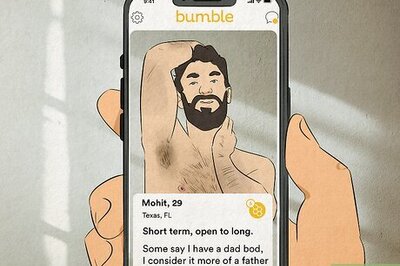
views
Menlo Park: Facebook's early investors and a handful of top executives become eligible on Thursday to sell stock they own in the social networking company. It marks the beginning of a time-honoured process for public companies, which will culminate in the fall, when many Facebook employees receive the same right to sell their shares.
It's conceivable none of them will sell. But if they do, up to 1.91 billion more shares could flood the stock market, joining the 421 million that have been trading since Facebook's initial public offering in May.
So-called "lock-up" periods, which prevent insiders from unloading shares too close to an IPO, generally start to expire 90 days after a stock makes its public debut.
Lock-ups are designed to prevent a stock from experiencing the kind of volatility that might be caused if too many shareholders decide to sell a newly-traded stock all at once.
The progressive phasing-in of various shareholders allows early owners to shed their stock and make way for new investors, says Peter Zaleski, a professor economics at the Villanova School of Business in Pennsylvania.
But there's risk involved too. If too many people sell, Facebook's stock price could decline.
That's a problem the company can't afford. Yesterday, the stock closed at $21.60, down 43 per cent from its initial public offering price of $38.
This week, Facebook's operating chief and No. 2 executive Sheryl Sandberg, Facebook's, as well as finance chief David Ebersman and firms ranging from Accel Partners to Goldman Sachs will be free to sell stock they own.
In all, 271 million shares will become eligible this week, according to Facebook's regulatory filings. Microsoft Corp, another early Facebook investor, will be eligible to sell, too.
Facebook's 28-yearold chief executive, Mark Zuckerberg won't be able to sell his shares until mid-November. Facebook hasn't explained why Zuckerberg didn't become eligible with the other top executives this week. He controls about a third of the 1.22 billion shares and stock options that will become unlocked on November 14.
Wedbush analyst Michael Pachter believes it's unlikely that top executives will sell their shares as soon as they can. It would look bad for the company, Pachter says.
Zynga Inc., the online game maker behind "FarmVille," was sued last month for waiving lock-up restrictions for insiders, including CEO Mark Pincus, before the company's first-quarter results in April.















Comments
0 comment